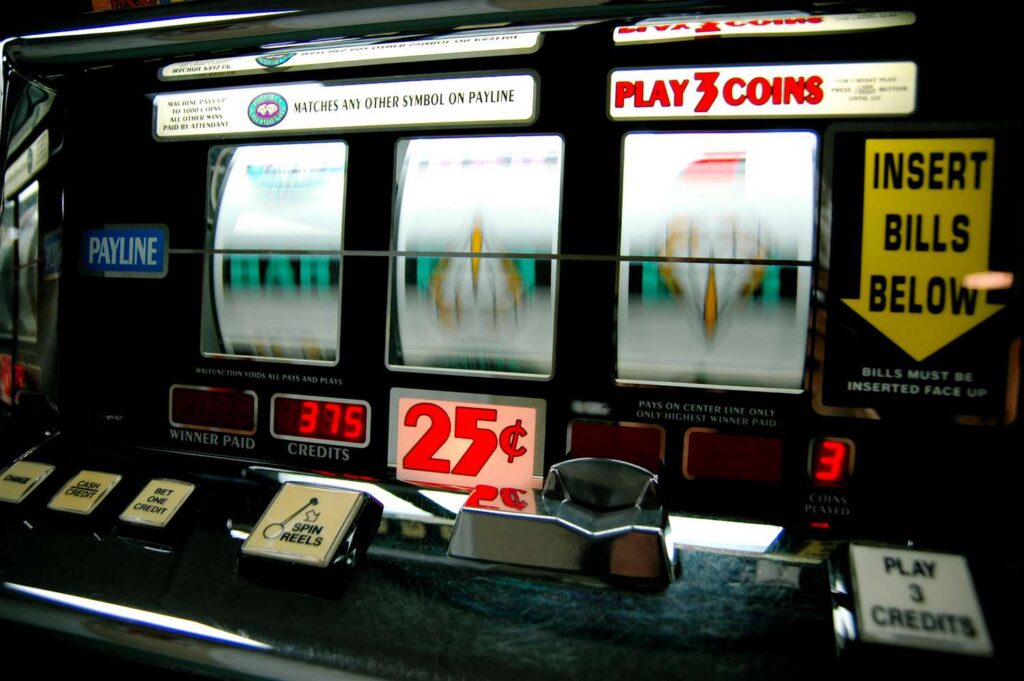The cultural significance of slot games has evolved dramatically over the years, becoming an integral part of entertainment in many societies worldwide. Initially introduced in the late 19th century, these games have transformed from simple mechanical devices into sophisticated digital platforms that appeal to diverse audiences. Their impact on culture varies across different regions, reflecting unique social norms, values, and traditions. In many Western countries, slot games are often associated with the excitement of gambling and entertainment. They serve as a major attraction in casinos, drawing in millions of visitors each year. The colorful visuals, captivating soundtracks, and interactive features of modern slot machines enhance the overall experience, making them a focal point of leisure activities. The thrill of playing these games, whether alone or in a social setting, creates a communal atmosphere where people come together to enjoy the excitement of chance and the possibility of winning.

In contrast, in some Asian cultures, the significance of slot games extends beyond mere entertainment; they often intertwine with local traditions and customs. For instance, many Asian countries incorporate symbolic elements in their slot game designs, drawing from cultural motifs such as dragons, lucky numbers, or specific colors believed to bring good fortune. This connection to cultural symbolism enriches the gaming experience, as players engage with games that resonate with their beliefs and traditions. Consequently, slot games become not just a form of gambling but also a way to celebrate and preserve cultural heritage. Moreover, the advent of online casinos has broadened the accessibility of slot games, leading to their integration into various cultural contexts. With the rise of mobile technology, players can now engage with these games from virtually anywhere, making them a ubiquitous form of entertainment.
Online platforms often showcase localized content, catering to specific cultural tastes and preferences, which further enhance the cultural significance of Warisan Jitu slot games in different regions. In conclusion, the cultural significance of slot games around the world is multifaceted, shaped by regional traditions, social dynamics, and economic considerations. This accessibility allows for a more diverse player base, resulting in a blending of cultural influences. From serving as entertainment in Western casinos to embodying cultural symbolism in Asia, these games play an essential role in the leisure activities of diverse populations. As they continue to evolve in the digital age, slot games will likely maintain their cultural relevance, reflecting the ongoing dialogue between tradition and modernity in a rapidly changing world.